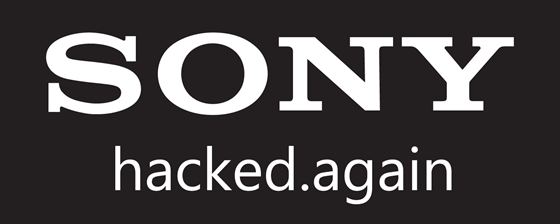We Now Interrupt Our Regularly Scheduled Programming...
/ This is a guest post from Gentry Anderson, the developer at justalittlefurther.com
This is a guest post from Gentry Anderson, the developer at justalittlefurther.com
Over the last couple of years that I've been working on justalittlefurther.com, I've learned so much. I went from being someone who could barely keep her Facebook profile up to date to someone who updates this blog daily, manages the social media and marketing and successfully put together an eStore in which to sell our eBooks. I've even learned some HTML (the language of the internet) in order to manage justalittlefurther.com better. However, learning all that has made it clear to me that I have so much more to learn. It's akin to being in Spanish 101 … I can introduce myself and find a bathroom, but I'm far from fluent.
My lack of fluency became obvious this week when justalittlefurther.com got hacked. In fact, on Sunday morning, Google had blocked over 11,000 Wordpress websites because of this hack and unfortunately justalittlefurther.com was one of them.
After searching the internet for a solution, it became clear to me that I was not tech-savy enough to fix this myself. I immediately got in contact with our website hosting company and while they promised to fix the issue, they were buried up to their necks in the same requests from other clients and we would have to get in line. It would take a week to fix. Unacceptable! That's when I discovered Hack Repair by doing a thorough search on the internet.
One phone call and our site was visible again in 30 seconds. He was hired. After a few hours he had our site cleaned up of all malware and by that evening we were no longer being blocked by Google or any other search engine. Hallelujah! What a relief.
In the process I learned a lot regarding internet security and wanted to share that information. You don't have to have a blog to be hacked. In fact, if you access the internet for e-mail or social media, you can be hacked. Just look at all those famous actresses whose naked pictures are now all over the internet or the Sony hack presumed to come out of North Korea.
Nothing we do can fully protect us from being hacked. However, these are steps you can take to have a safer internet experience. Some of these things I've learned over the years as I've used the internet and some of these things I got from helpful articles on Hack Repair and other websites.
Passwords Change them often and make them strong. The first thing I did after I realized we had been hacked was to change the passwords to our Wordpress site. I also changed the passwords on our Facebook account, email and our web hosting site. Candidates for password reviews are your e-mails and social media sites, such as Facebook. I use Lastpass to help me create, maintain and update my passwords, but there are many ways to develop strong passwords.
Updates Whether or not you're running a blog or using your smart phone to peruse Pinterest, you should keep everything updated. Many updates are created to solve security issues. You should be running the latest version of your browser (like Internet Explorer or Chrome) and the latest version of your operating systems (like iOS or Windows 8). On the blog, I use lots of tools to enhance functionality and appearance. However, I had a function that came with my theme that I didn't use, so I didn't pay attention to it. I didn't update it when the update became available and that was the vulnerability that was exploited. That leads me to my next point.
Knowledge Part of the reason that I didn't update this particular feature was because it came packaged with my theme and I never used it. I didn't take the time to really get to know all the features of my theme, and so didn't realize that I needed to keep that feature updated myself. The take away here is that it's important to know the ins and outs of the internet tools you are using. Do you know how to secure your Facebook page? Do you understand what the Cloud is, how to use it and how to keep your information secure? Take the time to learn about all those devices and apps so that you can make sure you're using them as safely as possible.
Backups I back up our site regularly. If this hack had been catastrophic, I would not have lost more than a week's worth of blog posts. On the home front, all of our photos are backed up automatically to the Cloud. I also have them on DVDs. I'm also taking the best ones and making photo books out of them. If there's a fire at home, I have the photos on the Cloud. If Shutterfly has a catastrophic failure, I have them on DVD. I don't back everything up, but I do back up any thing that is important to me.
While this list is not comprehensive, it's a good start. It might be early to be talking about New Year's Resolutions, but I hope you will resolve to make your time on the internet a bit safer in 2015.



